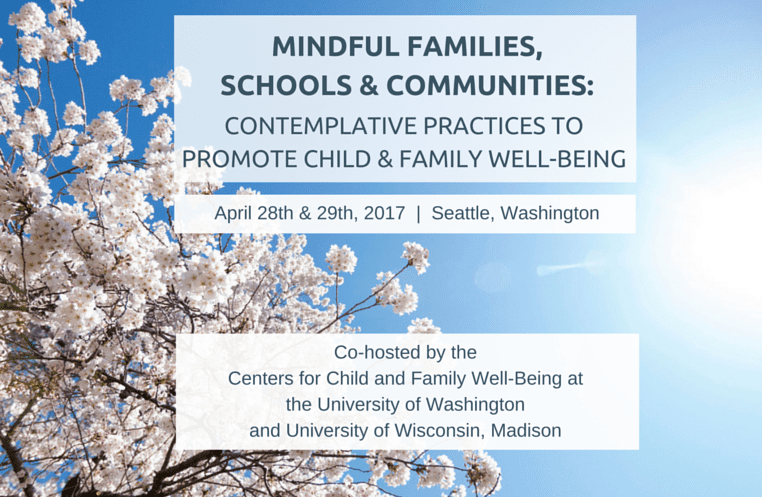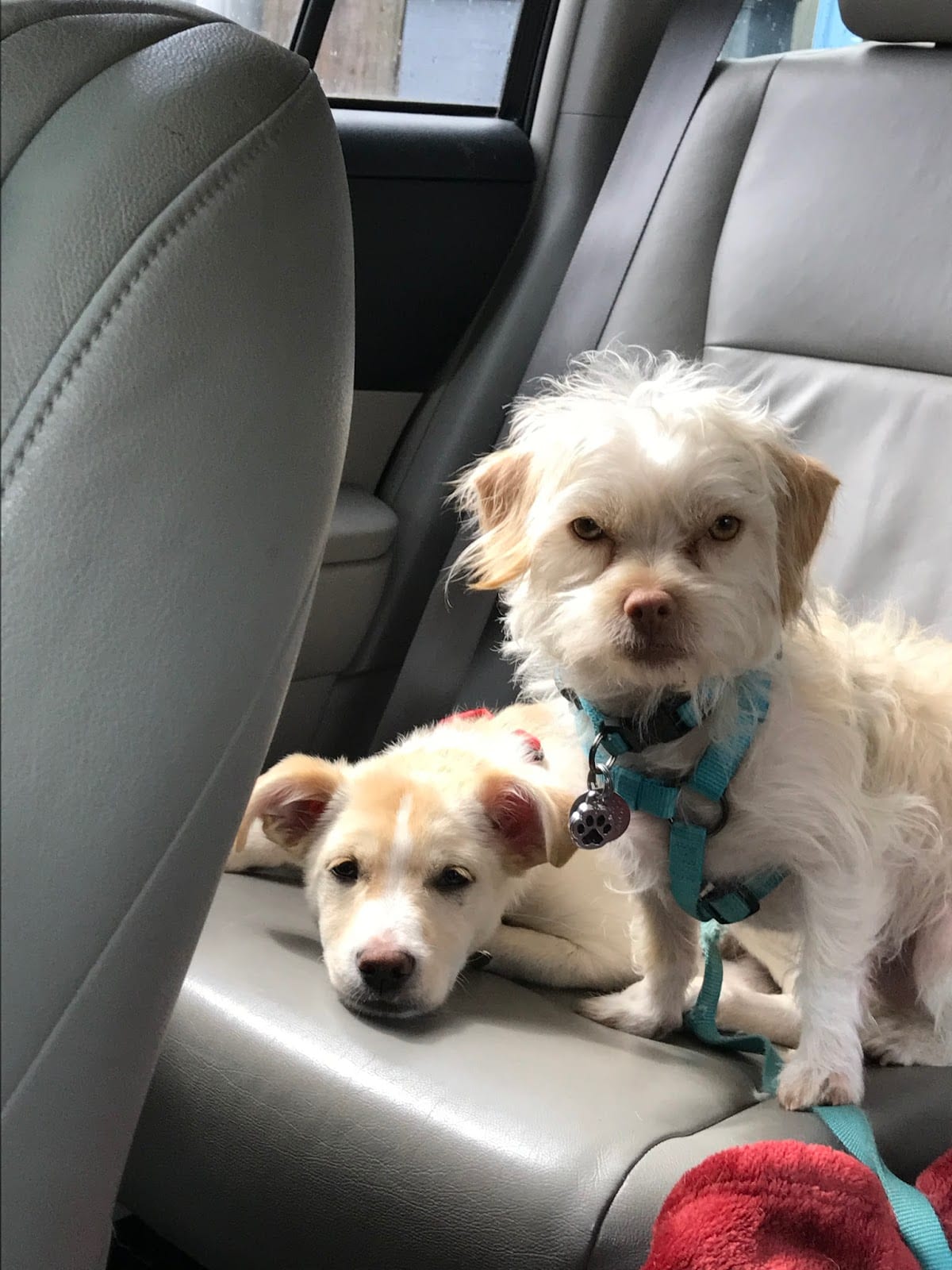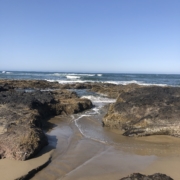
I have been absent here for a long time, not because I don’t have things to write about, but because I have to wait for things to settle before I can write. In the last two months, I have completely turned my life upside-down, by selling my house in Seattle and moving closer to family in Southern California. During that time, I became an empty-nester for real – even spending a couple of intense weeks in LA helping my youngest and her boyfriend move into an airbnb and, later, an amazing apartment.
All of this has inspired grief, sadness, excitement, anticipation, curiosity, and fear – a lot of fear. I feel like I am a river that used to run clear and someone came in with a massive dredging machine and stirred up all the sediment at the bottom. The emotions are swirling and mixing and making the water cloudy and all I can do is notice and wait for it to settle so that I can have some clarity.
In the beginning of April, I was frustrated that my house wasn’t selling and that, although I had decided to move, I felt trapped in Seattle by circumstances. Several friends noted that I was not, in fact, trapped. I could go anytime I wanted to and leave the house empty – it would sell. It took a while, but I gradually began to believe them, over the protestations of my parents’ voices in my head
You can’t be irresponsible and just leave
You have obligations. What makes you think you can just drop everything and go?
You have to have another place to land all lined up before you leap from the foundation you’re on
I packed a huge suitcase, the rest of my daughter’s things, sold my little electric car, rented a van and took my two dogs and the pet tortoise on the road. I have never done a solo road trip before in my life. I was excited and also really really scared. As I sat in the driveway one last time, ready to drive away without knowing how long I’d be gone, I created a mantra that I hoped would calm my fears and ground me when I got panicky or unsure.
I am safe.
I am loved.
I have resources.
I deserve joy.
It worked. Every single time I started to freak out and worry, I put one hand on my heart and repeated those words to myself – sometimes over and over again until my breathing slowed and I felt calm again. Now, the simple act of speaking the first sentence settles me.
I am safe. This one reminds me to come back to my body. It helps me remember that I am not bleeding to death or in some mortal peril, no matter how scared I am. It zooms my vision out to the wider range of my life and lets me notice that my feet are touching the ground, I am breathing clean air, my vision is clear (well, with my glasses on), and in general, I am not in danger.
I am loved. This is a reminder that I am connected to something bigger. That there are people out there who are rooting for me, who are invested in my well-being, and who do really love me and consider me part of their family, chosen or otherwise. Often, conjuring up the image of just one of my beloveds is enough to make me smile spontaneously.
I have resources. If a tire goes flat, I have a cell phone to call for help. If I encounter horrible weather, I can pull over and wait it out inside the van. I have money for food and I know people along the route who I can call on for support. I have resources in the form of my life experience and wisdom. I know how to handle challenging situations and when to ask for assistance. I am not alone, no matter what my anxiety-spiraling brain tries to tell me.
I deserve joy. This one is key. It reminds me that this life is mine to live and if starting over in a different city will bring me joy, then I deserve to do that, no matter how hard it might be or how many years I spent in Seattle building a foundation. I deserve to pursue a life that feels expansive and purposeful and I don’t have to justify it (even to my dead parents in my head).
Oh, and the house? It sold the day after I packed up and left Seattle. I think it was the act of taking that leap of faith, of really committing to my own happiness and future that opened up the space in my old house for a new family to fall in love with it. The last month has been a whirlwind of packing and purging and moving and unpacking and as I write this, I am surrounded by half-emptied boxes of things and bubble wrap and a house with more dog beds than human beds, but I am planted in my new town and, more importantly, I have begun to really believe in my bones that I am safe, I am loved, I have resources, and I deserve joy.
You do, too.
XO,
Kari


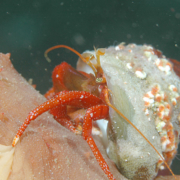
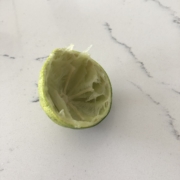
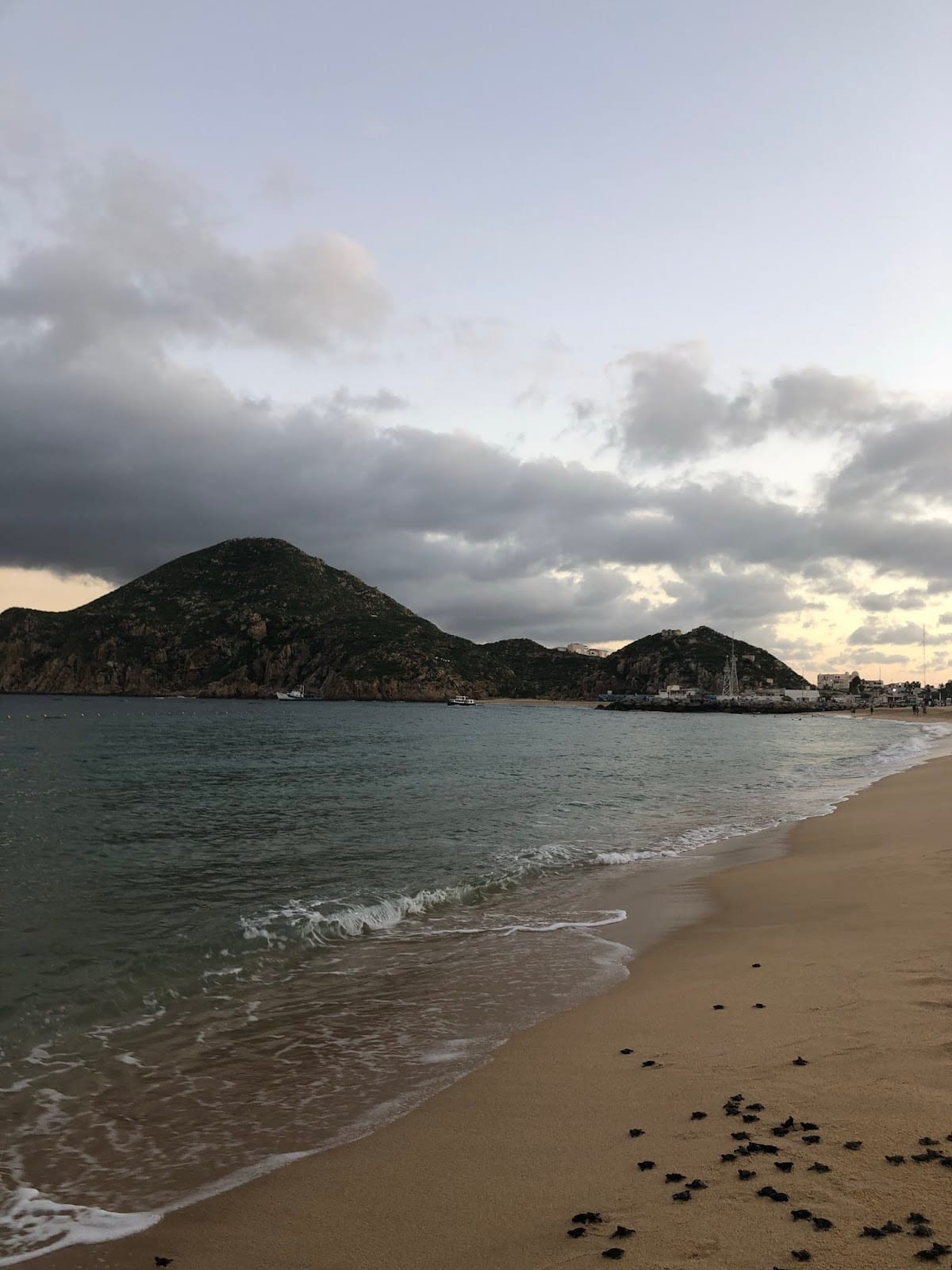

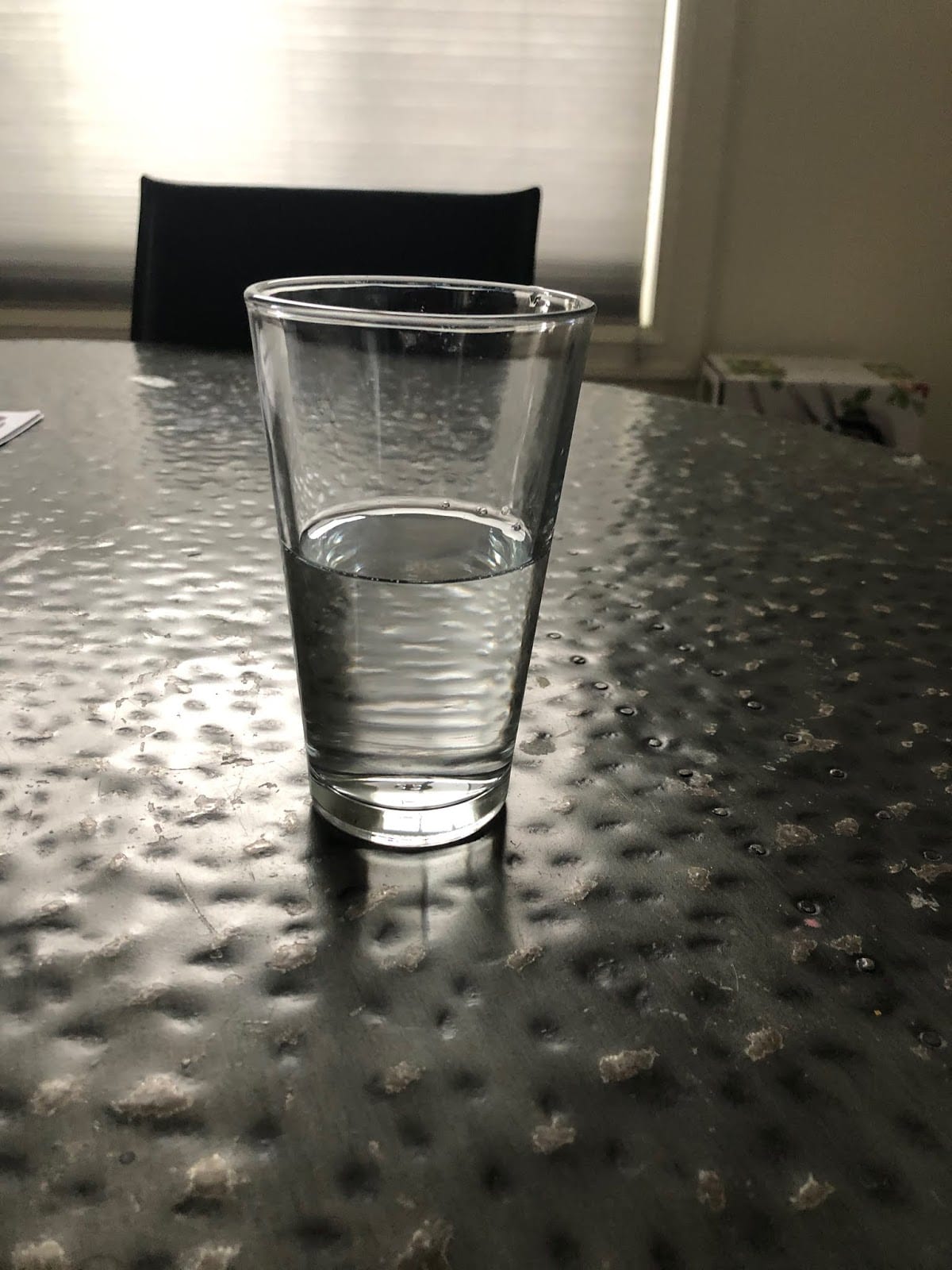
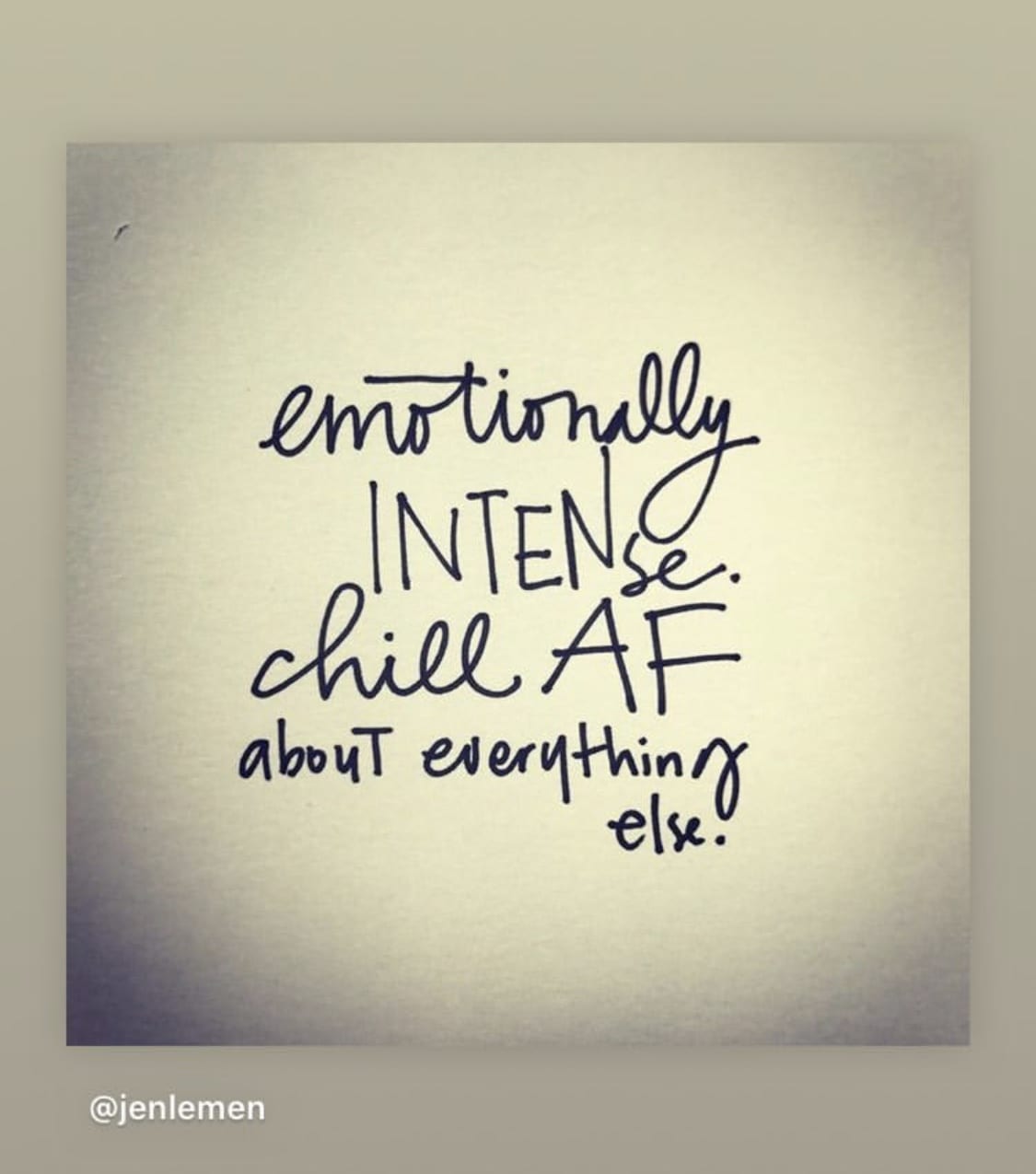 I am writing my way in to my body. This is difficult, but not counterintuitive. In the last ten years or so, I’ve discovered that what I used to think was counterintuitive was simply fear. Instead of doing what I was told to do (don’t poke at that, don’t examine the pain, pretend it isn’t there or deny it or minimize it) for most of my life, I have learned that opening up, asking questions, and leading with curiosity is actually the most intuitive thing I can do.
I am writing my way in to my body. This is difficult, but not counterintuitive. In the last ten years or so, I’ve discovered that what I used to think was counterintuitive was simply fear. Instead of doing what I was told to do (don’t poke at that, don’t examine the pain, pretend it isn’t there or deny it or minimize it) for most of my life, I have learned that opening up, asking questions, and leading with curiosity is actually the most intuitive thing I can do.
